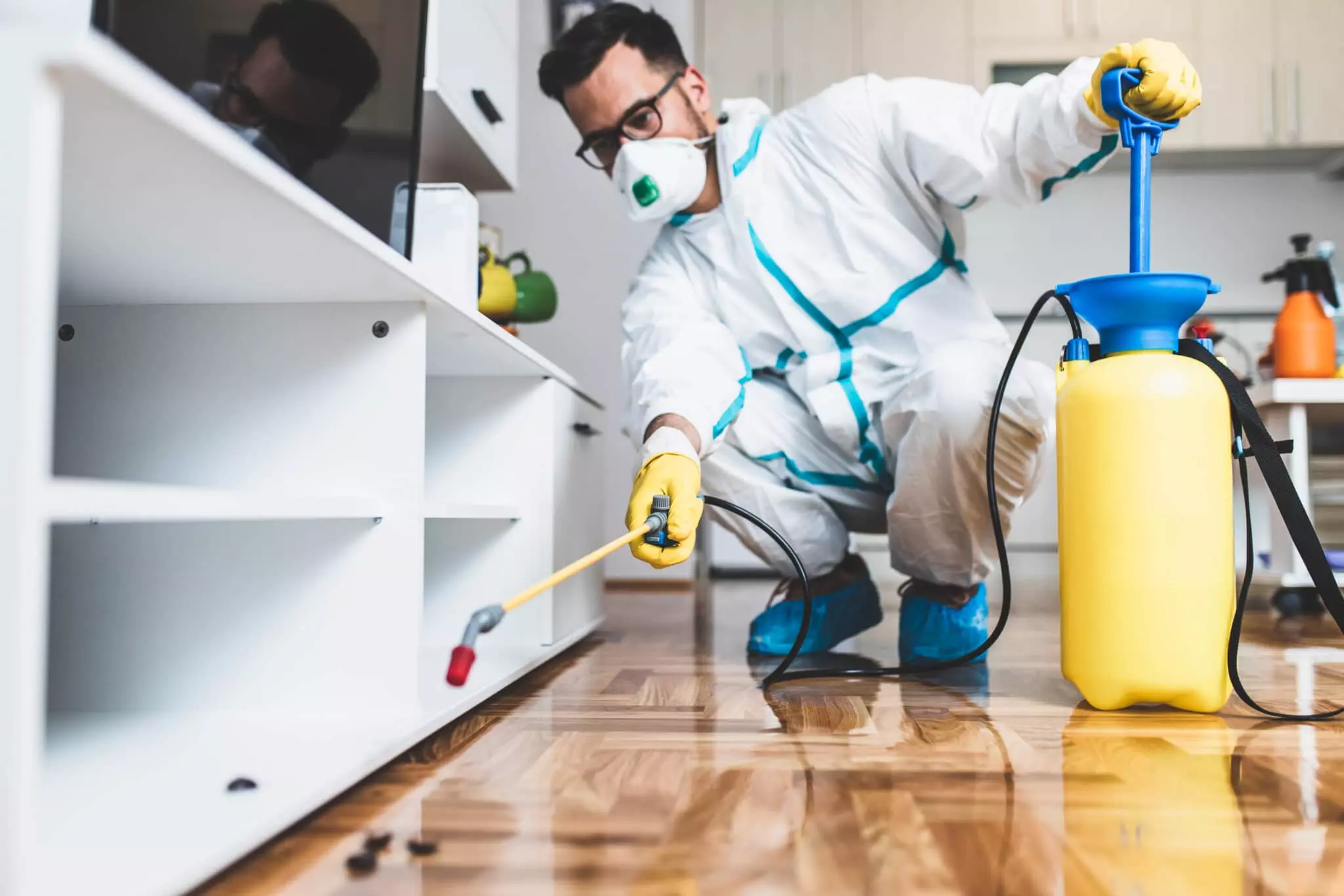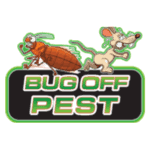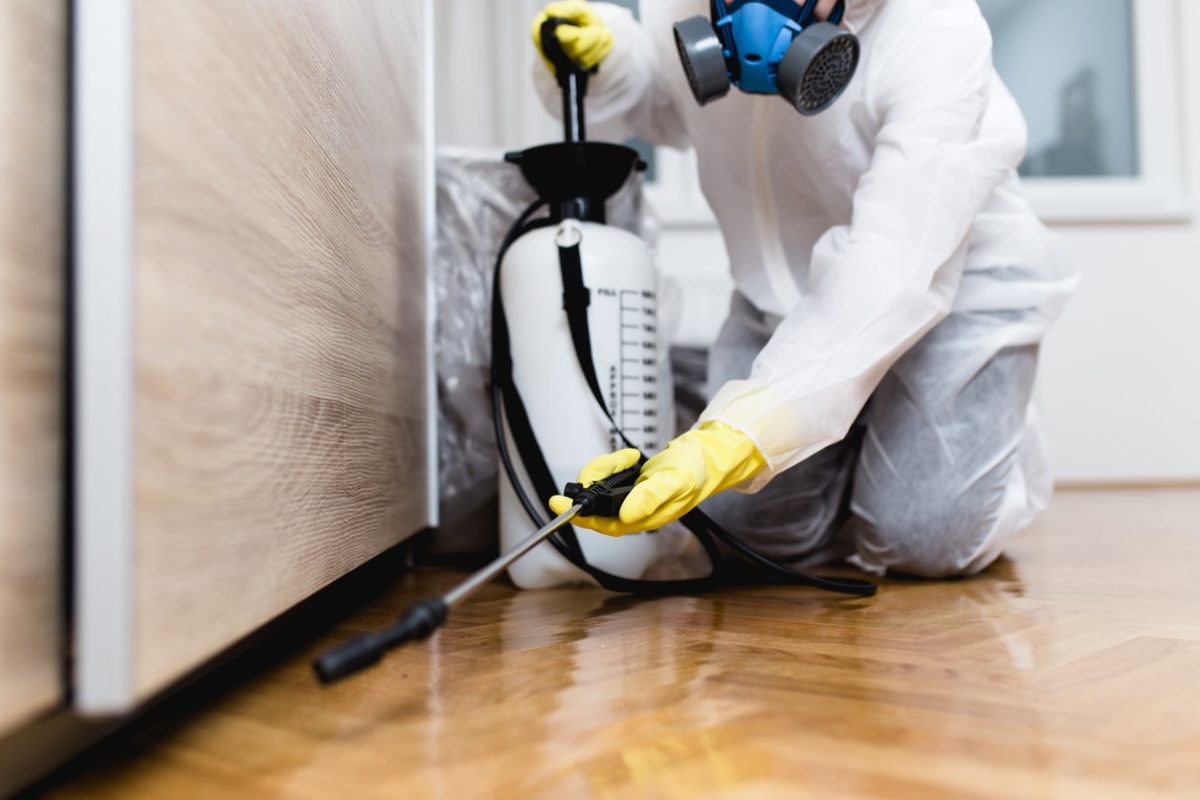Defend your home with Pest Control in Port Charlotte and stop infestations fast.
Defend your home with Pest Control in Port Charlotte and stop infestations fast.
Blog Article
Exploring Ingenious Strategies and Products for Effective Bug Control
The landscape of bug control is progressing, marked by the appearance of innovative strategies and products developed to boost efficiency and sustainability. From clever traps furnished with innovative surveillance systems to biological approaches that use all-natural killers, these innovations present a standard change in just how we approach pest monitoring. Environmentally friendly chemical options and pheromone disturbance strategies supply targeted solutions that align with environmental stewardship. As the industry faces these advancements, a closer examination reveals not only their implications but also the prospective challenges that might occur in their application.
Smart Traps and Keeping An Eye On Systems
Exactly how can contemporary innovation enhance bug management? One significant development is the growth of wise traps and keeping track of systems, which supply real-time information and analytics for effective insect control. These systems use sensing units and wireless innovation to discover pest task, informing property managers and insect control professionals to problems prior to they intensify.
Smart catches are geared up with features such as bait stations that bring in bugs and record them effectively. These catches can be monitored remotely, enabling timely interventions and minimizing the demand for extensive chemical applications. Moreover, the assimilation of artificial intelligence algorithms allows these systems to set apart in between target parasites and non-target varieties, enhancing the accuracy of insect control procedures.
Furthermore, the information gathered from smart traps can be examined to determine patterns in pest actions and environmental aspects contributing to infestations (Pest Control in Port Charlotte). This details is vital for developing targeted parasite administration methods customized to particular atmospheres. By accepting wise catches and checking systems, parasite control specialists can improve their operational performance and minimize the eco-friendly influence of insect monitoring, inevitably bring about more secure and much more sustainable techniques in the industry
Organic Pest Control Techniques
Making use of all-natural predators and bloodsuckers, biological pest control techniques offer an ecologically pleasant choice to chemical therapies. This technique includes the introduction or enhancement of specific microorganisms that can normally control parasite populations, thereby lowering reliance on synthetic pesticides. Typical examples include making use of ladybugs to manage aphid infestations and parasitical wasps to target caterpillars.

Organic control can be categorized right into three main methods: classic, augmentative, and conservation. Classical organic control includes importing natural opponents from the parasite's indigenous environment, while augmentative control involves increasing the population of existing all-natural opponents with launches. Conservation techniques concentrate on producing problems that sustain these helpful organisms in the ecosystem.
It usually needs a detailed evaluation of Full Report insect characteristics and the life cycles of both the bugs and their all-natural opponents. As understanding of ecological issues expands, biological bug control methods are significantly identified for their sustainable role in incorporated bug administration programs.
Eco-Friendly Chemical Alternatives
Eco-friendly chemical choices give a feasible solution for bug management that lessens environmental influence while efficiently managing insect populations. These choices are originated from all-natural resources and are thoroughly developed to target details parasites without harming beneficial organisms, making them a necessary part of read more sustainable bug control strategies.
Amongst the most reliable environmentally friendly alternatives are plant-based insecticides, such as neem oil and pyrethrin, which are stemmed from the seeds and flowers of different plants. These compounds interfere with the life cycles of pests, minimizing their populaces without the poisonous effects connected with conventional chemicals - Pest Control in Port Charlotte. Furthermore, important oils like pepper mint and clove oil display repellent residential or commercial properties, better enhancing their energy in parasite management

Additionally, green chemical alternatives commonly damage down quicker in the atmosphere, lowering the danger of soil and water contamination. This particular aligns with the increasing consumer demand for sustainable methods in farming and urban bug control. As study remains to breakthrough, the growth of innovative environmentally friendly solutions will certainly additionally boost efficacy and expand application areas, enabling pest management professionals to embrace greener, a lot more accountable techniques in their practices while guarding human health and wellness and the atmosphere.
Scent Disruption Strategies
One more ingenious approach in sustainable bug monitoring is using scent disturbance techniques. These methods manipulate the all-natural chemical signals, or scents, that bugs use for interaction, particularly in breeding habits. By interrupting these signals, pest populations can be efficiently taken care of without considering damaging chemicals.
Scent traps are commonly used in this method. Over time, this can lead to a considerable decline in bug populaces.

Integrated Insect Monitoring Strategies
Reliable bug control often requires an extensive strategy, and Integrated Pest Monitoring (IPM) strategies offer a framework for accomplishing this goal. IPM integrates various administration practices to decrease bug populaces while lowering reliance on chemical pesticides. This complex method begins with detailed monitoring and identification of bugs, enabling for targeted interventions based upon details bug stress.
Social techniques, such as crop rotation and hygiene, play a crucial function in preventing bug facility. Biological controls, including natural killers and parasitoids, are utilized to maintain bug populations at convenient degrees. When essential, selective chemical treatments are applied, stressing lower poisoning to non-target types and the environment.
Additionally, education and outreach are essential components of IPM, promoting awareness among stakeholders concerning sustainable practices and pest life process. The versatility of IPM permits professionals to respond efficiently to transforming pest dynamics and ecological problems. By utilizing this alternative approach, IPM not only enhances insect control efficiency but also adds to lasting eco-friendly balance. Inevitably, Integrated Pest Monitoring stands for a forward-thinking service that lines up farming efficiency with ecological stewardship, making it necessary in modern insect control approaches.

Final Thought
In conclusion, the combination of innovative techniques and products for efficient parasite control represents a substantial advancement in lasting pest management. Smart catches and keeping track of systems, biological parasite control techniques, environmentally friendly chemical alternatives, and pheromone interruption methods jointly improve the effectiveness of bug administration methods.
Report this page